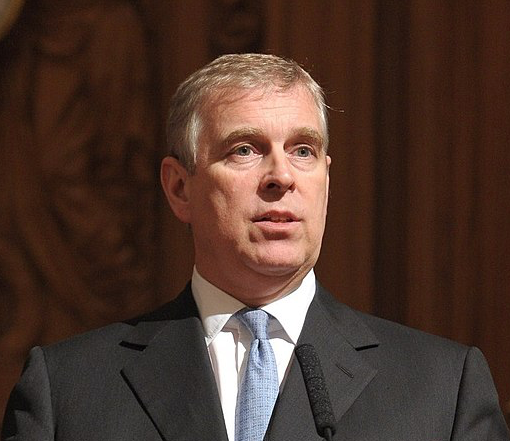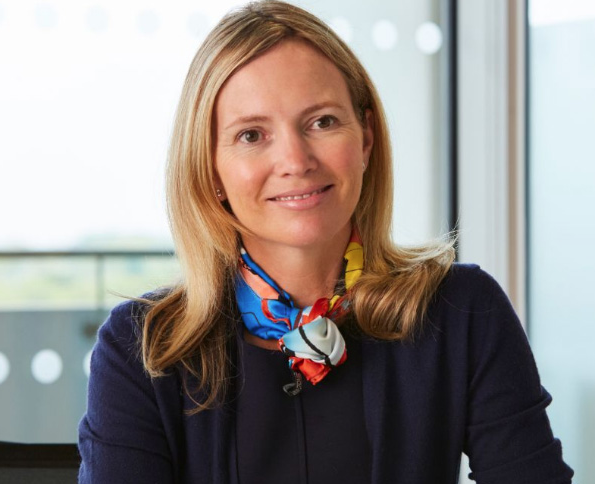Charities are facing a £10.1bn funding gap over the next six months as a result of the financial impact caused by Covid-19, new figures have shown.
Data released by Pro Bono Economics has revealed charity incomes are expected to drop by £6.7bn at the same time as demand for services rises by the equivalent of £3.4bn.
The firm analysed 261 charity organisations across the UK as part of its weekly charity tracker survey, revealing 88% expect Covid-19 to reduce their income over the coming six months relative to pre-crisis plans.
Meanwhile, over half (59%) say they have had to 'significantly' reduce their activity in response to the pandemic.
Many charities have sought additional funding, with 50% of respondents saying they’ve applied for emergency support from non-government sources and more than one-in-three (37%) applying for a share of the £900m of support earmarked for the sector by the government.
But Pro Bono has highlighted that such sources are not available to all, noting that one-in-ten (12%) of charities say they “expect” to cease operating altogether before the start of December.
The anticipated hit to income sits alongside a sharp increase in demand for services, with survey findings showing 72% expect demand to rise over the next six months in response to the crisis.
PBE has said it estimates the sector would require an additional £3.4bn of resource to meet this demand. Combined with the estimated £6.7bn income hit, the funding 'gap' could be as much as £10.1bn.
The firm said small charities, with incomes of less than £500,000 a year are especially exposed to financial damage.
Its survey suggests that close to two-in-three (63%) organisations in this group have already reduced their activity in a significant way, approaching half (45%) say they’ve grown more pessimistic about their situation over the past week, and that one-in-eight (13%) expect to go out of business within six months.
“Charities and other civil society organisations play a vital role in the day-to-day lives of many millions of us – and even more so at times of crisis. That contribution is too often taken for granted, leaving the sector subject to chronic policy neglect. If we don’t funnel more resource to charities in the coming weeks, it’s clear that many will struggle to survive," PBE chief executive, Matt Whittaker said.
“The fact that one-in-ten charities expect to go under in the next six months is on its own a shocking enough statistic. But once we add in the significant constraints being faced by many of those organisations that do survive, we’re looking at a huge hit to the overall capacity of the sector – with implications for all of us.
“The significant scale of the support being provided by government is of course very welcome – as is the generous help being provided by the public in the form of donations and volunteering – but it’s not enough. Charities’ incomes are under great strain at precisely the same time that demand for their assistance is rising, generating a £10.1 billion funding gap that translates into huge unmet demand.”
CFG director of policy and communications, Roberta Fusco added that the figures are "highly concerning".
"As we look towards planning for post COVID-19 recovery and the impending economic crisis, it's essential to the nation's economic and social recovery that government invest in and use civil society expertise, knowledge and networks to help rebuild.
"The work of charities is never more needed to support people and communities hardest hit by Covid-19. Recent research shows that the original projected loss of income to the sector of £4.3bn to May 2020 was largely correct and that set against the government's response to date of £750m, the gap is ever widening and impact on beneficiaries felt ever more keenly precisely at at a time when charities are needed the most and have the vital services that people need."
Latest News
-
Youth homelessness charity forced to turn away young people due to demand surge
-
Funder offers charities ‘social change’ grants of up to £50,000 to boost training
-
Navy charity handed £368,500 to support submariners’ families
-
Former football charity chief to lead sports and culture charity
-
From comics to crockery: the best places for charity shop sales revealed
-
Three arrests made amid ‘large-scale theft' of charity clothes donations
Charity Times video Q&A: In conversation with Hilda Hayo, CEO of Dementia UK
Charity Times editor, Lauren Weymouth, is joined by Dementia UK CEO, Hilda Hayo to discuss why the charity receives such high workplace satisfaction results, what a positive working culture looks like and the importance of lived experience among staff. The pair talk about challenges facing the charity, the impact felt by the pandemic and how it's striving to overcome obstacles and continue to be a highly impactful organisation for anybody affected by dementia.
Charity Times Awards 2023
Mitigating risk and reducing claims

The cost-of-living crisis is impacting charities in a number of ways, including the risks they take. Endsleigh Insurance’s* senior risk management consultant Scott Crichton joins Charity Times to discuss the ramifications of prioritising certain types of risk over others, the financial implications risk can have if not managed properly, and tips for charities to help manage those risks.
* Coming soon… Howden, the new name for Endsleigh.
* Coming soon… Howden, the new name for Endsleigh.
Better Society

© 2021 Perspective Publishing Privacy & Cookies










Recent Stories